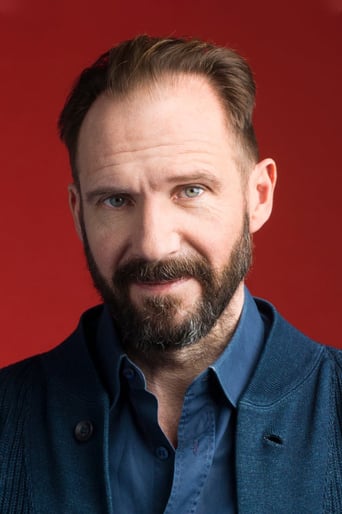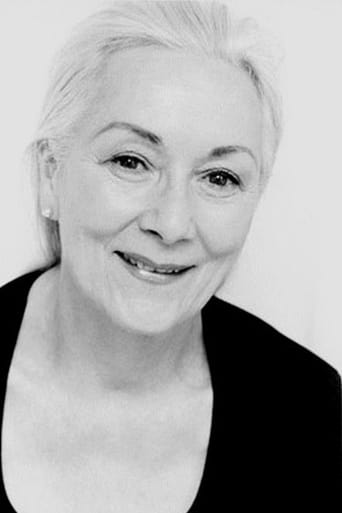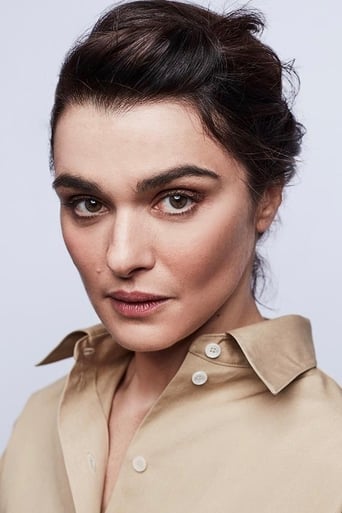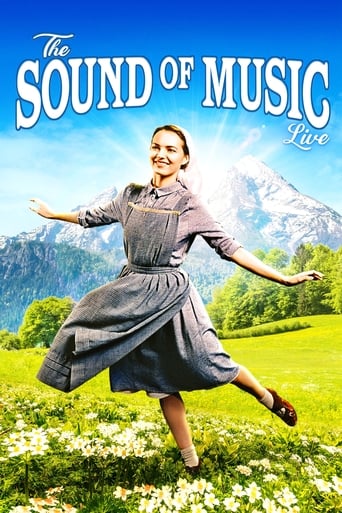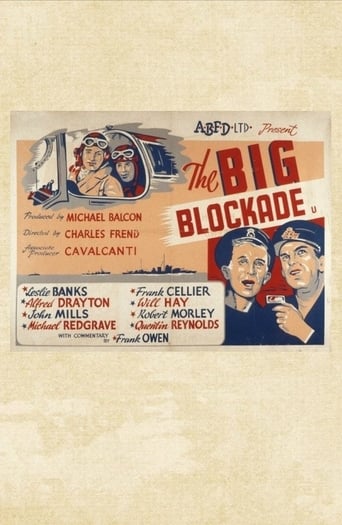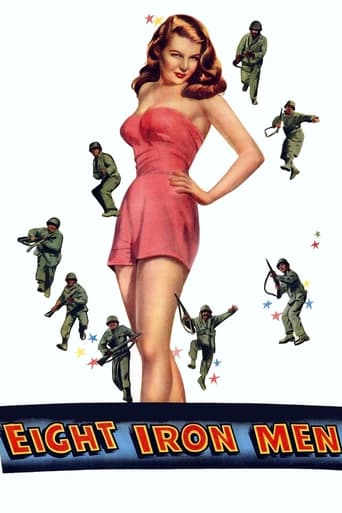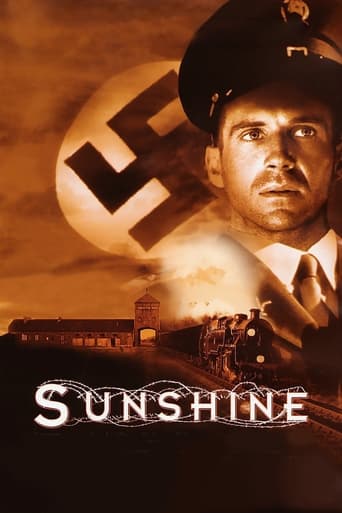
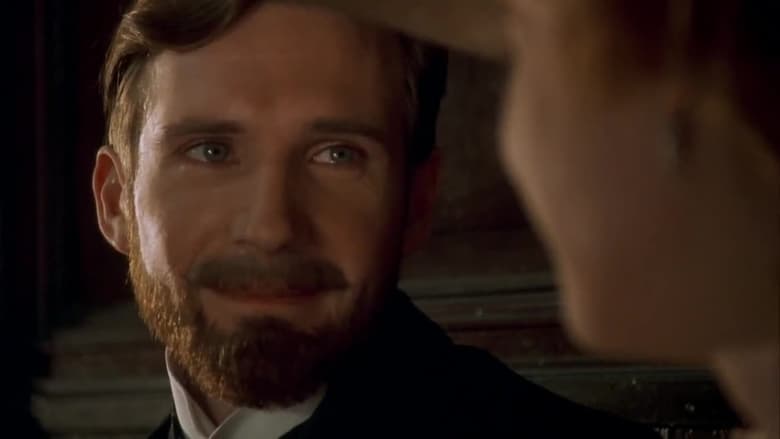
Sunshine (1999)
The story of a Jewish family living in Hungary—through three generations—rising from humble beginnings to positions of wealth and power in the crumbling Austro-Hungarian Empire. The patriarch becomes a prominent judge but is torn when his government sanctions anti-Jewish persecutions. His son converts to Christianity to advance his career as a champion fencer and Olympic hero, but is caught up in the Holocaust. Finally, the grandson, after surviving war, revolution, loss and betrayal, realizes that his ultimate allegiance must be to himself and his heritage.
Watch Trailer
Cast
Similar titles

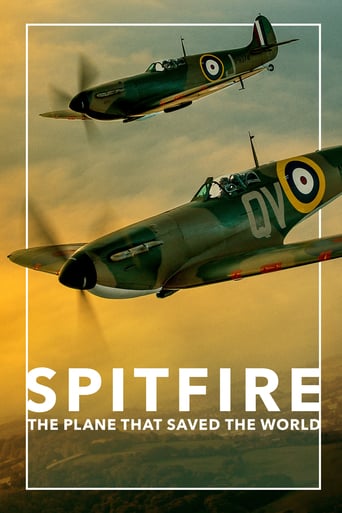
Reviews
Great Film overall
This movie was so-so. It had it's moments, but wasn't the greatest.
Like the great film, it's made with a great deal of visible affection both in front of and behind the camera.
Worth seeing just to witness how winsome it is.
Intentions are good and every effort is made to make this a worthy film. Unfortunately, the end result is contemptible. Three major flaws are at the root of this: failed continuity, miscasting and upset footage mixing.The film tells the short but eventful history of Hungary shown through the eyes of three generations of the family Sonnenschein/Sors. Major events are squeezed in less than minutes and important characters are studied only superficially. For instance, when father and son Sors end up in a Nazi concentration camp, the only scene that's included is when the camp leaders kill the father in a horrendous manner while helplessly watched by the son (one of the most intense scenes of the movie). Okay, that was the concentration camp, on to the next scene. No time is taken to delve into the psyche of a traumatized concentration camp survivor, no time to watch things unfold, as if in a great hurry. The same is true for most of the important events taking place in the lives of the protagonists.Adding to the confusion is the fact that the father, the son and the grandson are all played by the same actor, Ralph Fiennes. Undistinguishable, I must say. Adding a mustache doesn't help here: Fiennes remains the same aloof, uninspiring character in all three roles. I am certainly not impressed with his acting skills, although it can always be worse, as evidenced by his zero-talented brother Joseph. Still, only the best of the best actors can manage to remain credible in three different roles in one and the same movie.Another facet which irritated and simultaneously bemused me was the incorporation of present-day shots into old footage, antiquing contemporary sequences as though it would ever fit in with the shaky, unreproducible images of days gone by. And then, still imprisoned in this fake imagery, Fiennes holds a speech. How embarrassing
I was at Salvation Army shopping and saw the clearance bin of VHS . This copy was used for consideration for the Oscars so no information was on the box . What sold me was Ralph Fiennes and William Hurt so I went for it . Wow am I glad I did this film should be taught in schools everywhere ! The only thing holding me back from showing to my 13yr old is the sex scenes which we a important part to the intensity of the film . The movie just brings out the truth and it doesn't matter if your Jewish , Christian or Muslim . I plan on telling all my friends to watch . Cant believe it came out 11yrs ago . Amazing movie well done !!!!!
Sunshine is one of those films I was predisposed towards liking before I'd even seen it. I liked the idea of a film dealing with three generations of a family (one that goes through war and revolution) and I liked the idea of Ralph Fiennes playing multiple roles. Consequently, I was pleased that the film lived up to my expectations.Ralph Fiennes is unquestionably the main reason why the film works so well. Each character he plays (the narrator, and the narrator's father and grandfather) is distinctive and separate from the rest while also having the traits of previous generations. For instance, each character is passionate and stubborn, and each is caught up in twisted love affairs and has to fight anti-Semitism, but while Ignatz is a free spirit who gradually becomes more and more bitter, Adam is a confident ladykiller and Ivan is a sullen bureaucrat who slowly comes to life towards the end. It's a subtle, unflashy performance, and one that works superbly.It also transcends gimmickry. But while Fiennes deserves credit for making his performance work, the writing and direction are also excellent. I especially like the way that certain themes resonate through the different generations each character has to fight against prejudice, is burned by people in power and has unsuccessful relationships. Times may change but people don't.This sentiment is proved true by the various regimes that inhabit the film. The Hungarian monarchy, the fascist military and the communists may all be different in terms of aesthetics, but at heart they're all the same. They're all power hungry and they have no loyalty towards their citizens; they may preach freedom, but all they want is control and the perks of authority. And through the film those in power betray each successive generation of the Sonnenschein family, and in each case anti-Semitism is at the root of the problem. Not that the family doesn't try its hardest to fit in. Ignatz changes the Jewish surname Sonnenschein to the more neutral Sors so that he can become an important judge. And for a while he prospers, but then the monarchy starts to talk of Jewish conspiracies. However, Ignatz stays loyal and he refuses to join the communists when they briefly take over, leading him to become incredibly bitter and to die a miserable death.But the family doesn't learn. Adam, Ignatz's son, becomes close to the military regime that takes over from the communists by becoming part of the Officer's Club fencing team. But like his father, he isn't allowed to becoming part of the club straight away. He's only allowed to join the elite fencing team after he's converted to Catholicism. The family's identity is being eroded even further. But he's driven to this decision by an inferiority complex. There's a scene where he's bullied by a gang of older boys as a child who mock the fact that he's Jewish. They hold a sword to his throat. They make him apologise for being Jewish and for polluting the air. This drives him towards fencing and he eventually becomes an Olympic champion. But the childhood scene is chillingly echoed in the scene where Adam is taken to a labour camp during the outbreak of the Second World War. The soldiers ask him what he is and he refuses to say that he's a Jew. Instead he says that he's an Olympic gold medallist. He's trying to assert his true identity, rather than the technicalities of birth and heritage. But the soldiers wont have it, and in the most powerful scene in the film, they strip and beat him while continually asking him the same question. He refuses to beg like he did as a child and to apologise for what he is and as a result he's strung up on a tree, and in the dead of winter, is hosed down. The water freezes on him and he dies with his son watching on.But despite watching this atrocity, Ivan (Adam's son) fails to learn the lesson it should teach him. It should teach him never to repeat these sorts of things. But instead, consumed by a desire for revenge and by naive idealism (his championing of Stalin is rather hard to stomach), he joins the communist party that takes over the country after the war. First he's asked to capture the fascists, but then as the communist party proves itself no better than anyone else, he's asked to betray friends based on trumped up charges. He even becomes like the guards who killed his father when he's asked to continue torturing his friend who refuses to confess to being part of a conspiracy. And on top of that he even has to endure more anti-Semitism the Jews make an easy scapegoat when you're incompetent (like the monarchy, the communists fear that the Jews are conspiring to take over the country). But unlike Ignatz and Adam, Ivan gets a second chance. He sees through the crap and leaves the party. And in the end he even changes the family name back from Sors to Sonnenschein. It's an excellent ending. It shows that you can't hide what you are and that it's better to stand up and be counted. Why feel shame for something there's nothing to be ashamed of? However, I do have a couple of minor gripes. First, the set-up is extraordinarily brief. I know the film is fighting for time, but the opening few minutes are a bit of a whirlwind. And secondly, Rachel Weisz's character is incredibly annoying. I didn't enjoy her performance at all. But those problems are nothing really. They certainly didn't prevent me from enjoying the film.
During the almost 3 hours of "Sunshine" I had plenty of time to think about how Ralph Fiennes seems to be made to make period pictures unlike say Harvey Keitel and Kevin Costner who were wincible in theirs. Fiennes bares all for penance for his "Schindler's List" character in this lavish look at 3 generations of a Jewish family in Hungary as they try to assimilate vs. never-ending anti-Semitism. Fiennes plays all 3 generations of males in the family as they accommodate with imperialism, fascism and communism-- and gee not once does anyone say "You look so much like your father!", though the all senior citizen audience guffawed by his 3rd appearance. But then they also guffawed that all the repetitive sex is the same through the century, lustful attacks on the sly with much frantic clothes removal, and unflattering camera angles up the nose. Tony-nommed mother and daughter team Jennifer Ehle and Rosemary Harris breathe tremendous life into the movie as the younger and older self of a fulcrum character, which Fiennes did less often because his characters were so repressed. I'm not sure if it was intentional that each of the 3 generations had the same personality so that the viewer tells them apart by their facial hair and costumes (well, when he's wearing clothes).In more ways than one this reminded me of "The Marriage of Maria Braun," a bitingly satirical German film that made similar points with humor on the same theme as "Meet the New Boss, same as the Old Boss." The script, co-written by the director and Israel Horowitz, I assume the playwright, is too didactic in making its points, but the philosophical decision points it focuses on in history are interesting, trying to identify when and about what people should take a stand or go along.The look is even beyond Merchant/Ivory retro feasts, absolutely beautiful settings, costumes, a visual feast. For example, a scene from the 1936 Olympics mingles newsreel film with ersatz recreated newsreel film and new color scenes as the camera follows the crowds in Nazi uniforms. I stayed through all the credits but the locations weren't identified -- where is that sumptuous Ministry of "Justice"? (originally written 6/25/2000)
